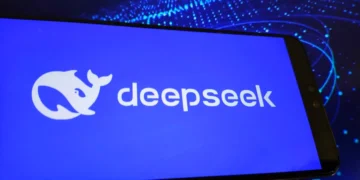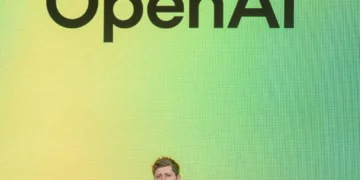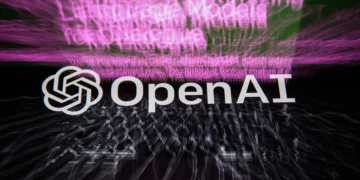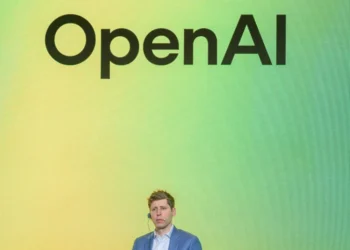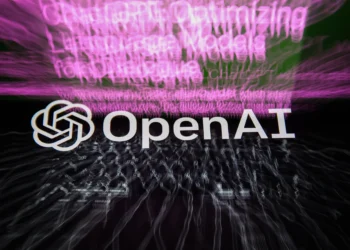
Users on X, formerly known as Twitter under Elon Musk’s ownership, continue to voice grievances regarding the platform’s practice of shadowbanning. This tactic, which involves limiting the visibility of posts by applying a “temporary” label to accounts, effectively restricts the reach of their content. However, the platform fails to provide clear explanations for imposing these sanctions.
A search on X for the term “temporary label” reveals numerous complaints from users who have been notified by the platform that their accounts have been flagged. These users express confusion as to why they are being penalized, as they receive only generic notifications citing reasons such as potential spam or platform manipulation.
The notifications provided by X lack specificity, offer no information on when or if the restrictions will be lifted, and provide no avenue for affected users to appeal the decisions.
Complaints from users indicate ongoing issues with opaque and arbitrary shadowbanning, despite Elon Musk’s previous promises to address transparency concerns. The lack of clarity surrounding these content decisions undermines accountability and raises questions about X’s commitment to free expression.
Efforts to address these issues are complicated by the platform’s complex trust and safety systems and legacy issues with enforcement attribution data. Additionally, X faces pressure from EU regulators to comply with the Digital Services Act (DSA), which mandates transparency in content moderation practices.
The DSA requires platforms like X to provide affected users with clear reasons for any content restrictions and a means to appeal these decisions. However, X’s notifications often lack detailed explanations, potentially violating DSA requirements.
While Musk has expressed a willingness to comply with DSA regulations, X’s ongoing challenges with content moderation may lead to enforcement actions from EU regulators. Balancing freedom of expression with online safety remains a complex challenge for both Musk and the EU.

